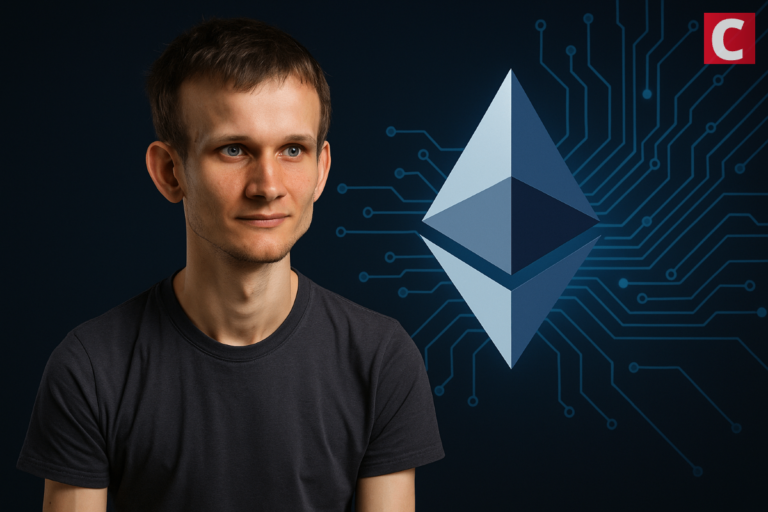Zk rollups and layer 2 networks are helpful, but won’t be enough for mass adoption, the Ethereum co-founder wrote.
Vitalik Buterin, co-founder of Ethereum ETH $3 130 24h volatility: 0.8% Market cap: $377.71 B Vol. 24h: $25.09 B , wrote an Ethereum Research blog on how to make the layer 1 network faster without sacrificing decentralization and user privacy.
He wrote that zero-knowledge technologies and techniques like Private Information Retrieval have been helpful, but Ethereum’s main layer must be upgraded.
Some main concerns around new technologies for scaling Ethereum are high costs, privacy leaks, IP tracking, and censorship by RPC providers. These can put the network’s everyday users at risk.
For the short term, Buterin proposes prioritizing EIP-4444 to shrink the node storage to store only 36 days of history, which will save disk space and make running nodes easier.
He wrote that splitting up old data across the network and storing different parts of Ethereum’s old data using redundancy (erasure coding) for safety will also be a short-term fix. Buterin says we need to raise gas fees for adding new data (like contracts or balances), but lower them for using existing data.
Is There a Long-Term Fix for Ethereum?
The co-founder of Ethereum, the largest blockchain by total value locked, believes the L1 network would need long-term fixes.
Buterin says instead of increasing the gas limit, which would bring centralization risks, Ethereum would need to run on lightweight nodes. If approved, this will let users run nodes that store only the data they care about, like their tokens or apps, while verifying the chain.
He also hinted at skipping the Merkel branches, verifying transactions without storing certain heavy data parts. This will, consequently, cut storage needs in half.
Ethereum co-founder’s new idea of partially stateless nodes would let users choose what data to keep. If a node doesn’t have the requested info, Buterin added, users can optionally fall back to outside cryptographic services.
next